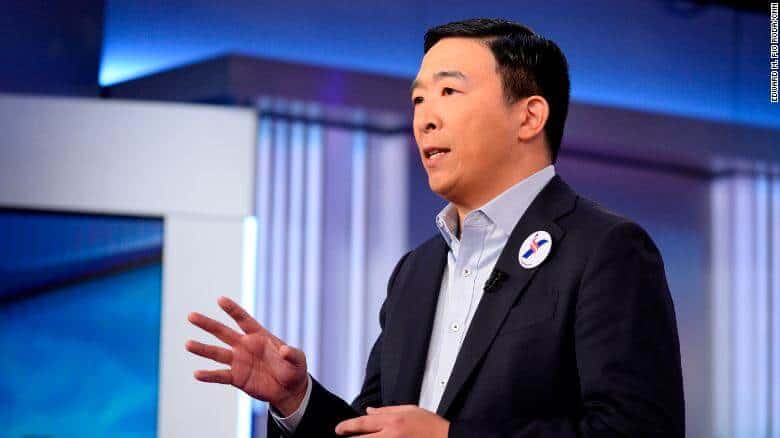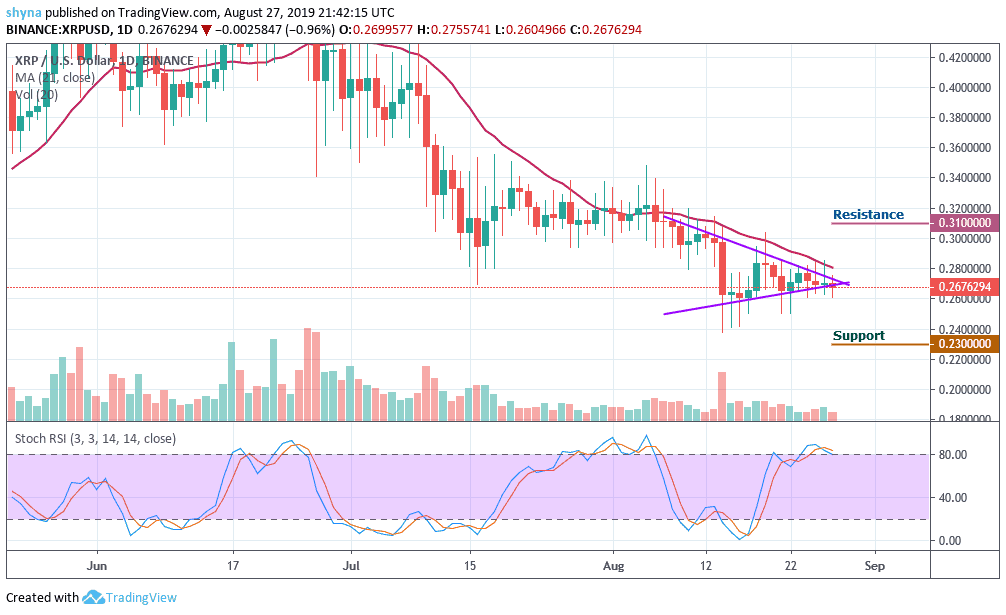Join Our Telegram channel to stay up to date on breaking news coverage
Everyone knows Bitcoin now, but the road to mainstream discovery for the crypto asset has been a tumultuous one at best. Before 2017, the asset was known more amongst tech aficionados and criminals, who believed that it could be something someday.
Then came 217 when the asset saw its price balloon and come so agonizingly close to $20,000. At this point, it was clear that Bitcoin was here to stay. Detractors and naysayers had their day, but Bitcoin continued to roll on, spurring more people to buy cryptocurrency in the hopes of getting rich quickly.
In 2018 however, the crypto market saw a purge. Just like all other tokens, Bitcoin saw a massive drop, losing up to 80 percent of its value and reaching crater point of just above $3,000 by November. The same detractors who bashed the asset in its glory days were smiling smugly at every point they got, and it looked like the thousands of people who had made bets on Bitcoin were about to learn a hard lesson.
Then, we have 2019; the year of the Bitcoin redemption. So far, the asset has been able to crawl its way out of the depths of a year ago, rebounding over 200 percent to take a trading price of $10,168 (at press time, per CoinMarketCap). Though Bitcoin has made its comeback in 2019, new fraudulent activity like the Bitcoin Trader scam damage the positive reputation of the industry.
Within that time, many have continued to fixate on the price of the asset alone obnoxiously. What just a few realized was that while Bitcoin continued to trade sideways and confuse analysts, it was penetrating every fabric of our society. From redefining how payments are made to providing an alternative stock trading and investment opportunity, and even spurring the entrants of new market players (stand up, Zuckerberg!), Bitcoin and blockchain (its underlying technology) have been able to pervade just about every significant aspect of daily life.
Now, it is beginning to influence the general political landscape as well. Andrew Yang, a popular tech entrepreneur, and philanthropist, has become one of the dark horses in the race for the White House. The Democrat from Schenectady, New York has been running on a pro-Bitcoin platform, going as far as proposing blockchain for voting in the future. Wittingly, he has proven to be the conduit through which Bitcoin can finally enter the corridors of power.
On his campaign website, Yang writes,
“It’s ridiculous that in 2020 we are still standing in line for hours to vote in antiquated voting booths. It is 100% technically possible to have fraud-proof voting on our mobile phones today using the blockchain. This would revolutionize true democracy and increase participation to include all Americans—those without smartphones could use the legacy system, and lines would be very short.”
He’s definitely backed up his stance as well, as his campaign now accepts Bitcoin for funding. However, while he has done his part to drum up Bitcoin, Yang shouldn’t get all the credit. The Trump administration has been vocal in its rebuke of crypto assets lately, thanks in no small part to the increased attention that the asset class has gotten from Big Tech (keep standing, Zuck!).
So far, Trump has called Bitcoin volatile, with a value based on thin air. His Treasury Secretary, Steve Mnuchin, has also pointed out the propensity for crypto assets to be used for criminal activities.
The White House race is the only one where baggage and load play a significant part. While one party tries to outdo the other at every turn, they continue to ignore certain developments. As an asset that has always moved hard and fast, Bitcoin has been given the perfect opportunity to influence politics as well.
Join Our Telegram channel to stay up to date on breaking news coverage


